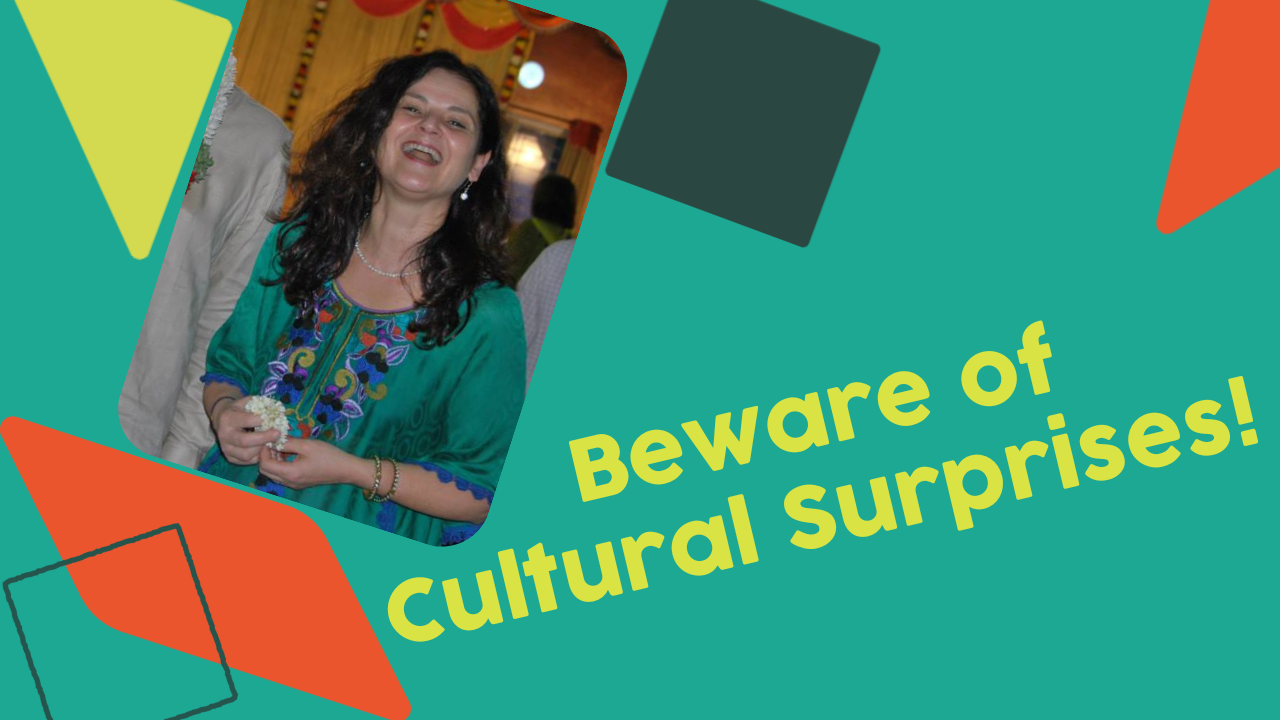
It’s vacation time, and many people are gearing up for trips abroad. While traveling offers a chance to relax and explore new places, it also brings the opportunity to encounter and connect with different cultures. But how often do we truly understand the cultures we visit? In an increasingly globalized world, the superficial similarities can mask deep-seated differences, leading to misunderstandings and missed connections.
As a creative catalyst with extensive international experience, I specialize in helping individuals and organizations unlock their potential through a variety of disciplines. Among my certifications, I am a qualified cross-cultural trainer and coach, fluent in five languages. My journey has been a rich tapestry of living, working, and studying in diverse countries such as France, Germany, Italy, Brazil, and Canada. These experiences have provided invaluable lessons in cultural diversity and competence.
Beyond these regions, my professional and personal adventures have taken me to India, Eastern Europe, Portugal, and many other destinations. Working on European projects has allowed me to travel extensively across Europe, while my curiosity has led me to explore Turkey on a motorbike and cross Eastern Europe when the Iron Curtain was still in place. Each of these journeys has contributed to my deep understanding of the complexities and nuances of different cultures.
One of my most enlightening experiences was living with a Japanese-Brazilian family during my time as a student in Brazil. Despite the shared Brazilian identity, the family adhered closely to their Japanese heritage, a stark reminder of how values, behaviors, and rituals can vary even within a seemingly homogeneous group. During this time, I made countless cultural missteps—each a valuable lesson in understanding the subtle, unspoken rules that differ across cultures.
The Hidden Layers of Culture
A common misunderstanding arises from different communication styles. For example, Western cultures often value directness, while many Asian cultures emphasize indirectness and subtlety. This can lead to confusion, especially in professional settings. Imagine a scenario where a Western businessperson interprets a polite, non-committal response from a Japanese counterpart as agreement, when in fact, it’s a culturally appropriate way of declining without causing offense. Such misunderstandings can lead to unnecessary conflicts and strained relationships.
Why Cross-Cultural Competencies Matter
The assumption that globalization has unified cultural practices is a common pitfall. While we may dress similarly and use the same social media platforms, the deeper, more significant differences in values and thought patterns remain. These are the “software of the mind,” as Geert Hofstede describes them, and they are crucial to understand for successful interactions.
For those engaged in international business, cross-cultural competencies are indispensable. They help prevent misunderstandings, build trust, and facilitate smoother negotiations. Understanding these subtleties isn’t just about avoiding mistakes—it’s about fostering genuine relationships and effective communication.
Your Next Step: Enhance Your Cross-Cultural Skills
As a creative catalyst with extensive international experience, I offer specialized cross-cultural training tailored to your needs. Whether you’re preparing for a business trip, relocating abroad, or simply curious about other cultures, my training can help you navigate the complexities of cross-cultural interactions. This summer, as you travel and encounter new cultures, consider taking the time to develop your cross-cultural competencies. Let’s work together to uncover the hidden potential in your interactions and embrace the richness of global diversity.
Stay connected! Follow us on LinkedIn or Instagram to never miss an update.
